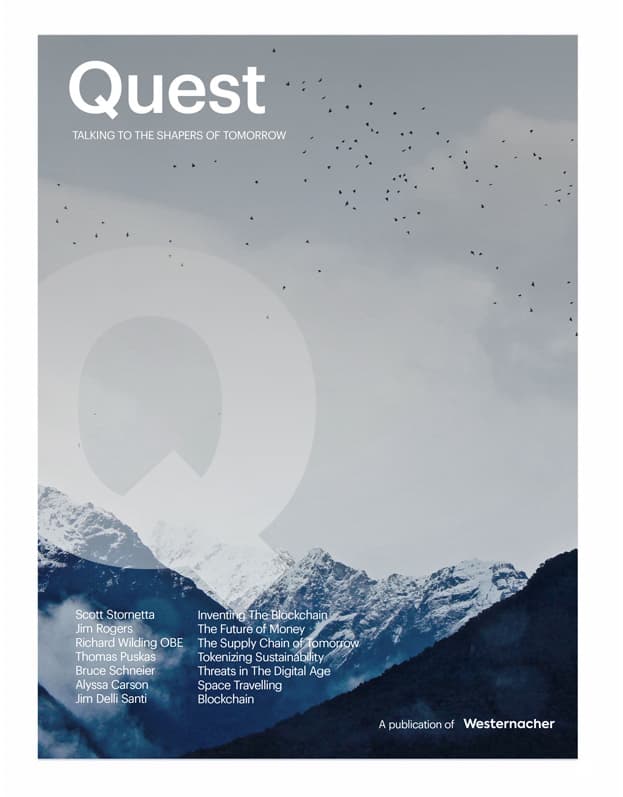Share this white paper
Follow us on Linkedin
In today’s world, big data and analytics, the Internet of Things, and blockchain are increasingly important to a seamless and more automated supply chain. Exploring the capabilities and risks of these growing functions can help businesses make key decisions necessary to improve processes. Utilizing an ERP with Transportation Management that connects big data, blockchain, as well as the Internet of Things, will help businesses navigate an increasingly complicated transportation network. Implementing these pieces provides better business practices and improves business output. In this paper, a summary of these topics as well as case studies of benefits and risks to each will be discussed. As a process owner, understanding the increasing capabilities and integration of these functionalities will help reduce today’s pain points within your company.
When we talk about the Internet of Things (IoT), there are many definitions of what that might mean. While there is no standard definition of the “Internet of Things”, it can best be described as a set of technologies set up to transfer data between physical objects, such as sensors and modems to software via the internet or other communication networks, constantly. This is also known as “connecting devices, silos, and information”. This information can be used to monitor, analyze, and adjust conditions seamlessly, either automatically or manually, based on the inputs given.

What you get out of it:
- Understanding IoT devices and how leveraging this can help your business
- Managing and using Big Data gathered by IoT for analytics and automation
- How blockchain can utilize both Big Data and IoT for security and traceability

